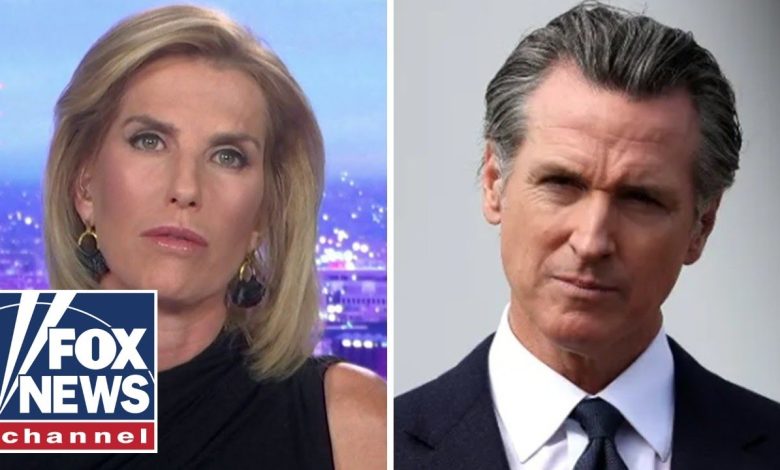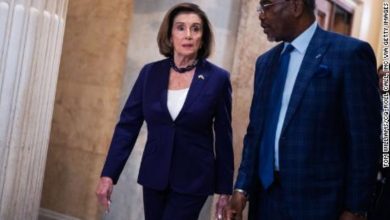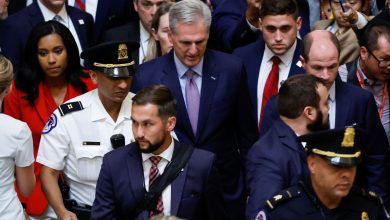Will Gavin Newsom Uphold His Racial Pledge to Succeed Feinstein’s Seat?

As the political landscape evolves, a critical question arises: will Governor Gavin Newsom stand by his commitment to choose an African-American woman as the successor to Senator Dianne Feinstein? In the following discussion, we’ll explore the intricacies of this pledge and its implications for California’s political future.
The Racial Promise
Back in March 2021, Governor Newsom openly admitted that he would consider a candidate’s race when selecting a replacement for Senator Feinstein. This statement stirred debate and raised concerns about whether this approach is compatible with the principles of equality and fairness.
The Challenge of Race in Politics
Larry Elder, a prominent Republican presidential candidate and former California gubernatorial candidate, argues that Governor Newsom’s commitment to a race-based selection process is a reflection of the Democratic Party’s focus on identity politics. He points out that this approach has deep roots within the party, citing the example of James Clyburn’s endorsement of Joe Biden during the 2020 primaries. Clyburn exacted a promise that Biden’s first nominee would be a black female, and this pattern continued with Kamala Harris being chosen as Biden’s running mate.
The Implications
The question remains: will Gavin Newsom adhere to his pledge? The stakes are high, as reneging on this promise could have severe political consequences. Furthermore, Newsom’s choice is complicated by his caveat that the selected candidate should not be actively running for office. This criterion limits the options and adds an extra layer of complexity to the decision-making process.
Kamala Harris’s Ascent
Larry Elder suggests that the ideal scenario for Newsom would be to appoint Kamala Harris, provided she is willing to accept the role. In this scenario, Newsom may be banking on the possibility of Harris becoming Vice President, leaving the governorship open for him. However, this plan has its own challenges, as Harris has expressed presidential ambitions of her own.
Harris’s Stance on Diversity and Inclusion
Speaking of Harris, she has been vocal about her support for diversity, equity, and inclusion (DEI) initiatives. She views attacks on DEI efforts as attempts to undermine the importance of addressing inequality and social injustice. While her messaging is clear, some find her explanations convoluted, leaving room for interpretation.
The Party’s Dilemma
In recent years, the Democratic Party has grappled with the complexities of identity politics. Larry Elder highlights the paradox where prominent figures like Barack Obama initially advocated for unity and a post-racial America but later defended identity politics. The party’s emphasis on race and gender often appears selective, with some candidates’ demographic characteristics receiving more attention than others.
The Challenge of Partisanship
Elder argues that political polarization contributes to this disparity. He notes that when a Republican candidate, such as himself, runs for office, their race or gender is often downplayed or even ignored by media outlets. In contrast, Democratic candidates receive extensive coverage and accolades for being “firsts” in their demographic category.
Conclusion
The question of whether Gavin Newsom will honor his race-based pledge to select an African-American woman to succeed Senator Feinstein is emblematic of broader debates within the Democratic Party. It highlights the challenges and complexities of identity politics, leaving many to wonder if the party can find a balance between promoting diversity and maintaining fairness and unity in the political arena. As California awaits Newsom’s decision, the nation watches, keenly aware of the potential ramifications of this pivotal choice.




